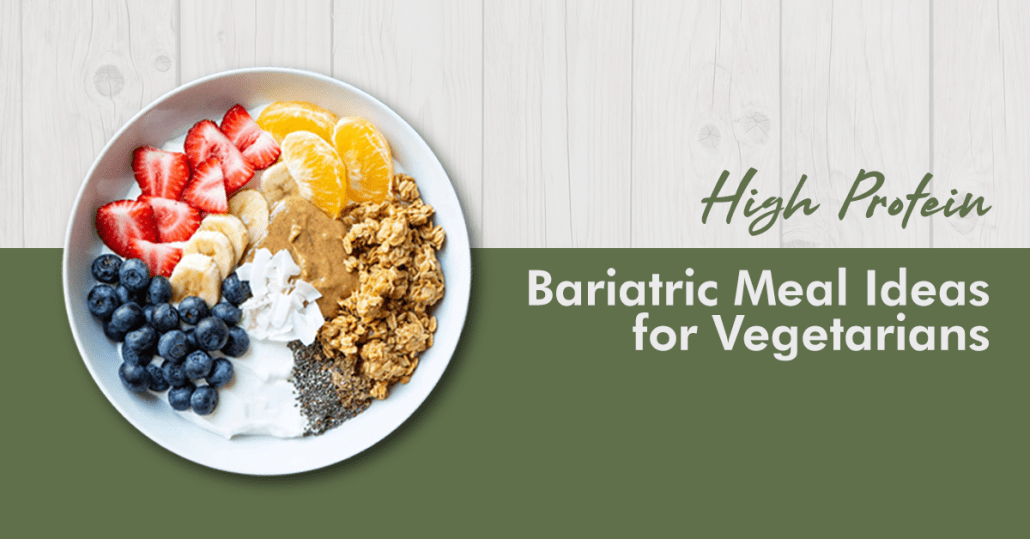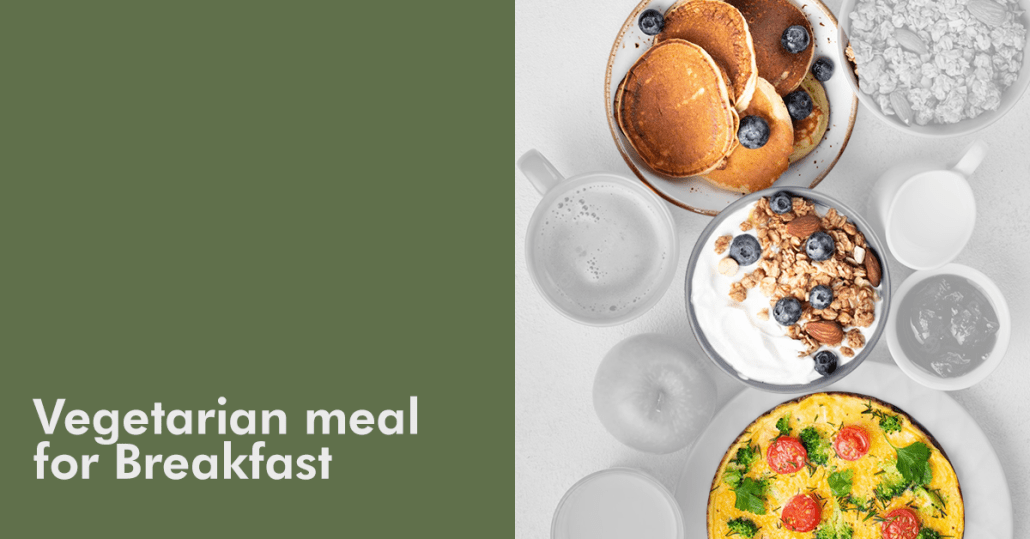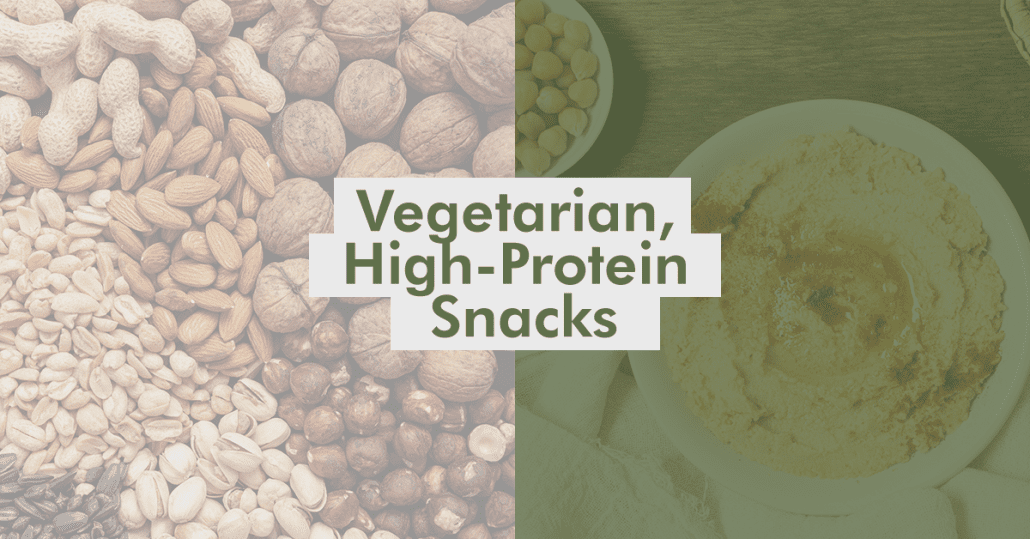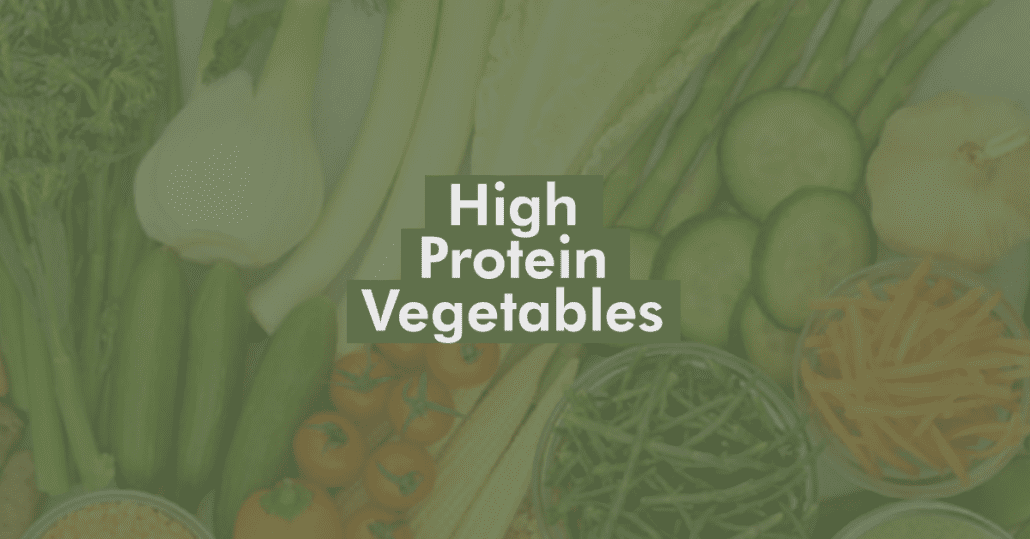Eating enough protein is critical after bariatric surgery, but it can be challenging for patients in the early weeks and months after their surgery. Many people struggle to consume meats after bariatric surgery due to their new anatomy and shift to a vegetarian diet by default. However, vegetarian meals can present balance issues when it comes to protein, carbs, and essential nutrients.
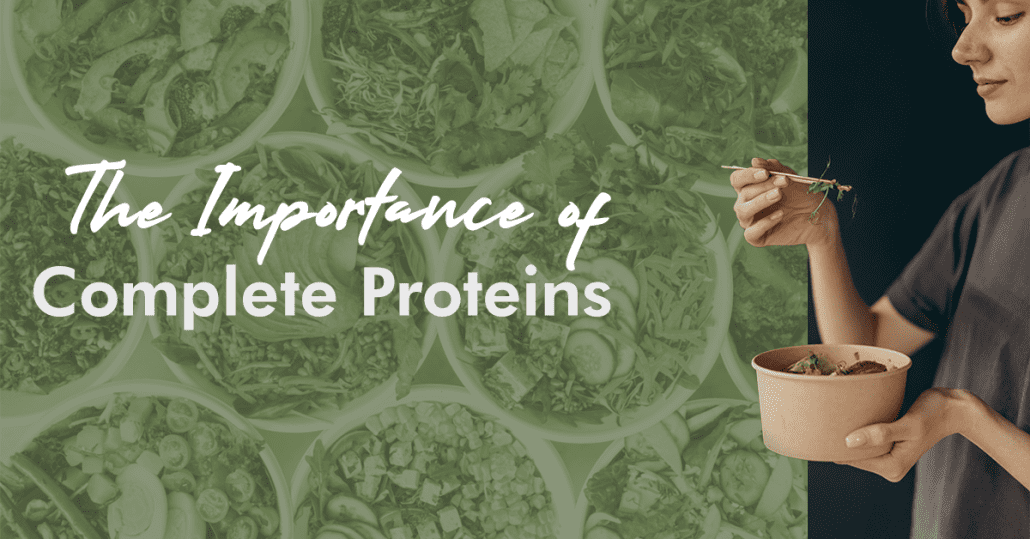
The Importance of Complete Proteins
Complete proteins contain all nine essential amino acids, most of which come from animals. Plant-based proteins are often incomplete because they lack certain amino acids. You can only obtain essential amino acids from food sources, which can present some challenges depending on the type of vegetarian diet.
Thankfully, ovo-lacto vegetarians (people that avoid animal meat but consume dairy and eggs) have several options, such as eggs, cheese, and Greek yogurt. For vegans, soy products like edamame and tofu are complete proteins. However, you should limit this to 3-4 meals per week. Vegetarians can also combine various protein-rich, plant-based foods to obtain all nine essential amino acids.
How Much Protein Do I Need?
The daily goal for protein after bariatric surgery is around 40-60g as you adjust to your new anatomy. Once you acclimate, this increases to 60-80g per day. What makes this so challenging is that the typical bariatric diet restricts calories to 900-1000 per day. If you’re eating three meals a day, each meal needs to contain around 20g of protein and 300 calories. If you’re eating four smaller meals, you should aim for 15g of protein and 225 calories.
Vegetarian meal options for breakfast include:
- Plain Greek yogurt with a zero-calorie sugar substitute (you can add nuts, seeds, or fruit to add texture and punch up the flavor)
- Crustless veggie quiche or frittata
- Veggie and cheese omelets or scramble
- Cottage cheese with fruit
- Protein oatmeal or protein bar
- Protein pancakes
Vegetarian Bariatric Lunch and dinner options:
- Vegetarian chili
- Tofurky sausage and beans
- Quinoa stuffed pepper
- Meatless zucchini lasagna
- Veggie burger with a lettuce bun
- Tofu spring rolls
- Salads that feature beans, nuts, or eggs
Vegetarian, high-protein snack options:
- Pumpkin seeds
- Sunflower seeds
- Nuts (pecans, cashews, almonds, and walnuts)
- PB2 (protein peanut butter powder) on half an apple, sliced
- String cheese
- Hummus
High-protein vegetables to incorporate:
- Broccoli: 5g of protein per cup
- Sweet potato: 5g of protein per cup
- Spinach: 5g of protein per cup
- Kale: 5g of protein per two cups
- Brussel sprouts: 5.5g of protein per cup
- Asparagus: 4g of protein per cup
Protein shakes and smoothies are a simple option for consuming adequate protein as well. If you’re in the early weeks of adjusting to your new diets, protein drinks can help fill in nutritional gaps. You should focus on eating the protein portion of your meal first as well. You may fill up faster than you anticipated, and protein is critical to maintaining good nutrition and muscle mass.
It’s also worth noting that your body can only process so many grams of protein at once—usually a maximum of 30g per meal. You’ll need to make sure you spread your protein intake across all your meals and snacks, as loading one or two meals with an excess of protein won’t work. A good rule of thumb is that each meal or snack should have a minimum of 10g of protein for every 100 calories. You should also limit carbs to 20g per meal.
Keeping track of your nutrition may seem daunting, but mobile apps can take on the brunt of the work. Many include scanners so you can upload your foods via their barcodes. They also break down nutrients so you can see if you’re meeting your protein goals. Investing in a food scale is worth the effort as well. You may be over or under portioning your food without realizing it.
If you’re considering bariatric surgery for weight loss, you probably have several questions about life after surgery, lifestyle changes, and how the procedure will affect your diet. We can help answer all these questions and more.
To learn more about bariatric surgery in Hollywood or Thousand Oaks, contact Dr. Waldrep


